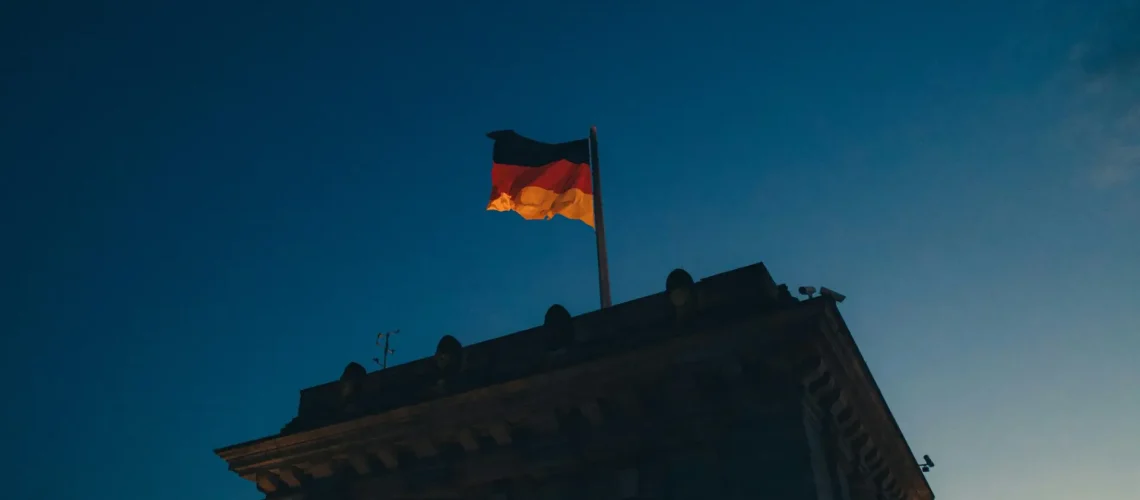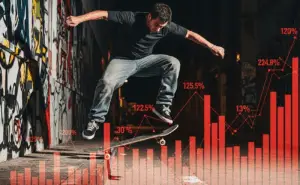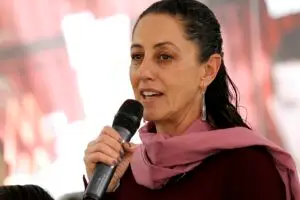Looking at the current chancellor candidates, it’s hard not to feel disillusioned. None of them seem to grasp the magnitude of the problems facing Germany—or, if they do, they lack the courage or capability to address them. Scholz, Merz, Habeck, Lindner: each of them carries baggage so heavy they shouldn’t even be in the running. And yet, here we are again, choosing between the lesser of several evils.
Let’s start with Olaf Scholz. The incumbent chancellor had every opportunity to prove he could lead. But he didn’t. Instead, he hesitated, waited, and let things slide. Whether it was arms deliveries to Ukraine, managing the fractious traffic-light coalition, or tackling urgent reforms, Scholz was either too late or entirely absent. His style of leadership—or lack thereof—has turned the coalition into a joke. And yet, the SPD insists he’s the man to steer Germany through the next legislative term. It’s absurd. Boris Pistorius might be a better choice—he has shown a steady hand in crises. But the SPD lacks the guts to replace Scholz with someone more competent.
Then there’s Robert Habeck. Once celebrated as authentic and relatable, he has squandered his goodwill. His heating law, while well-intentioned, was so poorly communicated that it left people confused and frustrated. The Greens, under Habeck, now seem like a party disconnected from reality. They may mean well, but they’ve forgotten that politics requires bringing people along with you. The result? A plummeting approval rating and a growing perception that the Greens are out of touch. And yet, Habeck has the audacity to position himself as a chancellor candidate. Seriously?
And Friedrich Merz. The man who looks like a boss but never feels like a leader. Merz embodies the CDU’s vision of “business as usual,” but that’s exactly the problem. He stands for conservative stagnation, a widening gap between rich and poor, and no real plan for Germany’s future. His focus is solely on economics and austerity, but that’s not enough anymore. Add to this his ties to BlackRock and the fact that it was the CDU under Merkel (with help from the SPD) that drove Germany into its current mess, and it’s baffling that he’s even a contender.
Christian Lindner, the supposed voice of reason and pragmatism, has driven the traffic-light coalition straight into the ground with his inflexibility. His unwillingness to compromise has turned him into “the guy who says no.” Instead of building bridges or crafting solutions, Lindner has stubbornly clung to his principles, alienating voters and sinking the FDP’s credibility. His leadership is taking the party straight into irrelevance.
And what about the outsiders—the AfD and Sarah Wagenknecht’s BSW? Both are loud, populist, and radical. But solutions? They don’t have any. The AfD thrives on fear and protest, but governing? They’re not equipped for it. Wagenknecht, meanwhile, draws disillusioned voters from both the left and right, but her actual agenda remains a mystery—except perhaps to the strategists in the Kremlin, who, along with the AfD, are rumored to be among her supporters. Both parties stand for division, not unity. They lack the experience to lead and would do more harm than good.
Once Again, the Lesser Evil
Here’s the depressing truth: we have no real choice. Germany faces enormous challenges—economic, social, geopolitical—and none of the candidates or their parties seem ready to tackle them. Instead, we’re left picking whoever seems least likely to screw things up further. This isn’t just disappointing; it’s dangerous.
Because the reality is, it’s already too late. We don’t have four years to find and groom a charismatic leader. The problems need solutions now. Climate crisis, labor shortages, digital transformation, Europe’s role in the world—all of these issues demand immediate action. So, what can we do?
What Needs to Happen
We need to demand more—more from our politicians, from our parties, from the system itself. We can’t keep settling for the same tired faces and failed strategies. We need new leaders, fresh ideas, and bold approaches.
Secondly, we must focus on Europe. Germany cannot solve its problems alone. But as part of a strong, united Europe, we have a fighting chance. This means more collaboration, less nationalism, and a willingness to put shared interests above individual ones.
Lastly, we need courage. Courage to break old patterns. Courage to make tough, unpopular decisions. And courage to admit the truth: we’ve fallen behind, and catching up won’t be easy. But without that pain, Germany has no future. The challenges will overwhelm us, and the consequences will be severe.
Conclusion: It’s Up to Us
The established parties have failed us. The fringe parties are no alternative. The chancellor candidates are uninspiring. But that doesn’t mean we can give up. If politics won’t rise to the occasion, then we, the people, must. By raising our voices, getting involved, and refusing to accept mediocrity. The problems are clear. The solutions exist. We just need to demand them—and fast. Because time is running out.
Photo by Christian Lue on Unsplash






